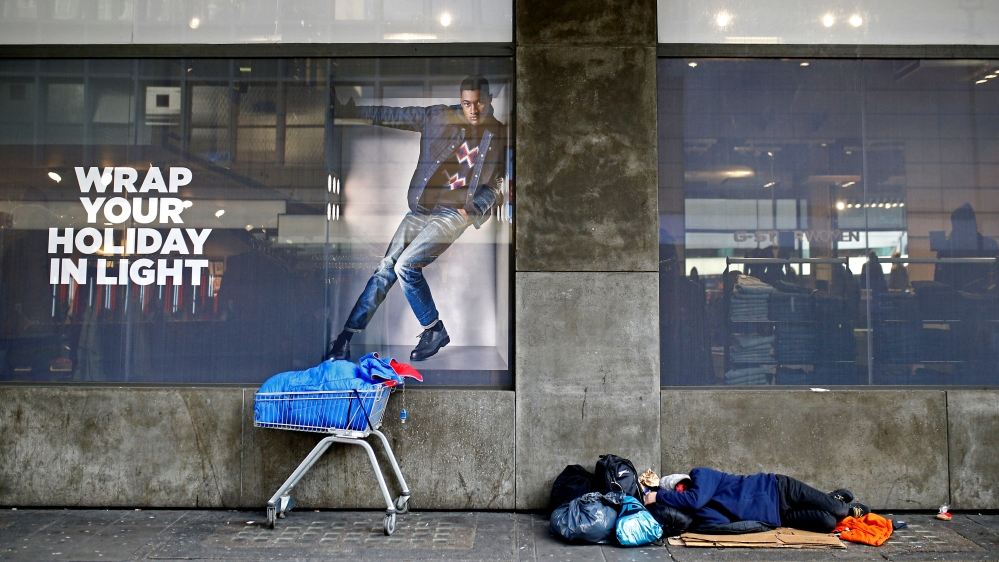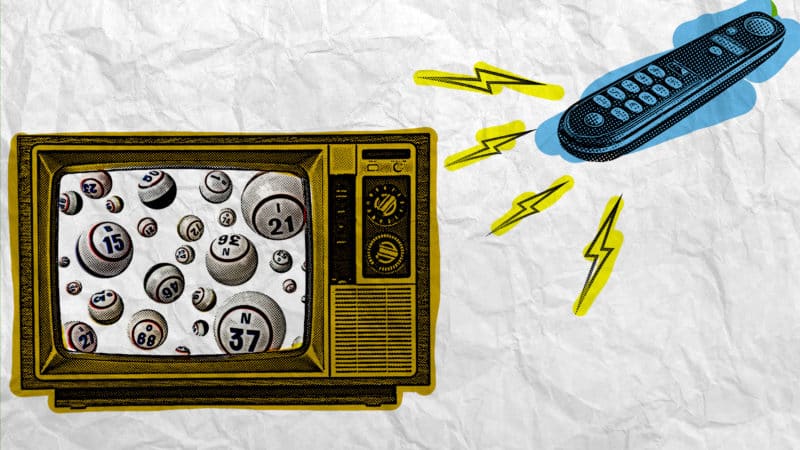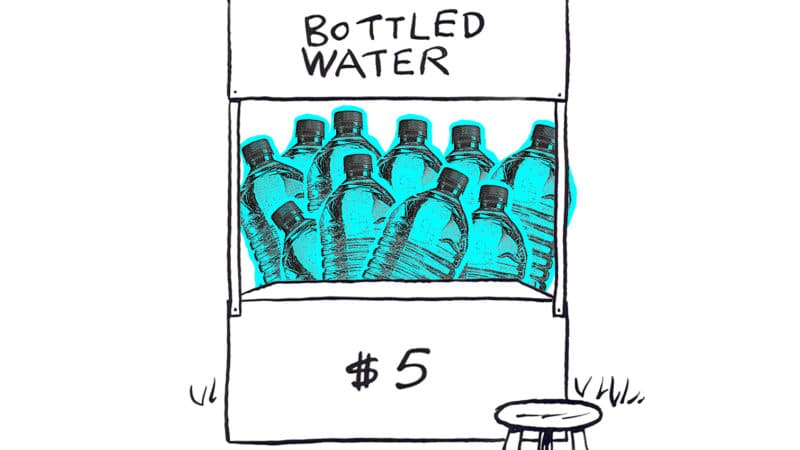Having volunteered at various shelters during her life, British author Katy Regan was inspired to write a novel about a homeless man. She tells what she learned in the process.
By Katy Regan
“I didn’t notice homelessness when I was younger — you didn’t see many homeless people and the ones you did were a big deal. ‘That tramp,’ they were called. But then it happens to you. You don’t believe it can or will, but it does.”
So said fifty-two-year-old Charlie when I spoke to him in 2019, at an organization that provides temporary accommodation for homeless people — commonly called hostels — in Hertfordshire, England where I live.
I’d been volunteering there for a couple of years, and Charlie was one of the people I met who inspired me to write a novel about someone experiencing homelessness — of the obstacles they faced, and the experiences they had, but also the things they could teach us about resilience.
I hope that Charlie is in a better situation now, and moved on from that place, but if not, he will be one of around 270,000 people classed as homeless in England, according to government statistics.
But, what does it mean to be homeless in the U.K.? While it does encompass “rough sleepers” — people living, as Charlie was, and as my character Stephen is, on the streets or in a tent by an underpass — to be legally homeless expands much further.
For example, if the condition of your accommodation is affecting your health, or if you are at risk of violence there, you are legally homeless, and the State has an obligation to house you. You are also legally homeless if you are squatting, couch-surfing, or staying in temporary guesthouses and hostels — these people are called “hidden homeless” in the U.K.
While this full definition may be broader, it’s worth noting that being legally eligible for housing does not mean you will get it. Far from it. Even if you meet the criteria above, there’s a whole host of other criteria — such as being pregnant, having children or having a physical disability — that assigns you your place on a long list that determines whether you are in “priority need.” This is through a baffling system where points are awarded for each criteria you match, and the more points accrued the higher up the priority list you go.
“As an able-bodied, single man with no kids, there’s no help out there. You’re on your own,” Charlie told me. “My only hope is private renting, but nobody will take me because I claim benefits.”
Even still, housing has become a scarce resource to be rationed — there’s currently a seven-year waiting list for a council house in the U.K. from too few affordable homes built over too many decades. Ultimately, the housing system itself, although often a lifesaver, is rife with baffling systems and vicious circles affecting people like Charlie.
Just as there are myriad ways you can be classed as homeless, I learned that the causes of homelessness are numerous and complex, personal and political.
Among the people I talked to, the circumstances leading to their downward trajectory to the streets involved mental illness, addiction, and unemployment, but also prison time, childhood drama, and relationship breakdowns. Some of these circumstances were due to crippling welfare cuts and profit being put in front of human need, and others — arguably the core reason — from there simply not being enough affordable housing.
At first glance, these reasons seem like a diabolical list of rare social ills, doesn’t it? And yet, examined more closely, I realized that most people will experience one, if not several of these in a lifetime.
There is a saying in the U.K. that we are only two checks away from disaster, and from talking to those experiencing homelessness, this is painfully true. It was one of the reasons I felt compelled to write the novel.
Put simply, the only thing separating me/us and the person sleeping in a cardboard box is luck. When you boil it down, a few wrong turns, a relationship breakdown, and anyone can wind up living on the streets — There but for the grace of God, go I.
In fact, just a few years before starting my novel, I was contracted to write another that was taking far longer than the advance I’d been paid for it would stretch to. Other freelance writing work had dried up and, being a single parent household, I was unable to afford my rent. If not for the safety net of family and friends who were able to put a roof over my head until I got back on my feet, I would have had to go to the state for help.
And “safety net” is the operative phrase, the lack of which was a factor shared among the people I met. As Janet, a housing officer — someone who looks after subsidized properties for local authorities and housing associations — told me: “Trouble is, when you don’t have a good enough net to catch you, you fall through the holes.”
Some in the U.K. think of the safety net as a hand from the state — health professionals, local government, local housing agencies, police and so on — that will hold us up when we’re in need. While this is partly true — albeit state welfare in the U.K. is undeniably, undoubtedly overwhelmed — what I discovered is that a safety net is really a whole social network, family and friends comprising a large part, and the health of which can make the difference between destitution or not.
In short, a “safety net” is — or should be — a whole community. We would all do well to be part of each other’s safety nets.
Weaknesses or inconsistencies in the net cause big holes with big consequences. One woman told me how she got a place at a YMCA, but couldn’t take it up because she’d been sectioned — hospitalized under mental health legislation, similar to being Baker Acted — less than three months earlier. This meant she was out on the streets, her mental health of course deteriorating further. It seems the more vulnerable your position, the more vicious the circles you find yourself at the center of.
From my experience, I became aware of the many hoops the most vulnerable in our society have to jump through to achieve some security, and the obstacles to even being able to jump. Anyone who’s had to find new employment or accommodation — which is everyone — will know the energy that takes. Consider trying to do that after several sleepless nights or days without proper food, and it’s not hard to see how one might give up.
People told me of their frustrations in not being able to bid for council homes because they had no credit on their phone, or no phone in the first place. They had no clean shirt for a job interview, or no way of getting to an appointment with their housing advisor.
But then, there were the stories of incredible resilience, the impressive resourcefulness and sense of pride. “It doesn’t matter that I was living on the streets,” Darren told me. “I still looked presentable every day; it was vital to me to feel human.” He washed and shaved daily in his local coffee shop toilets and found a microwave in a hospital staff kitchen, where he could heat up soup.
“The worst thing is being ignored,” they all told me. “Feeling invisible.”
Hearing these people and respecting their stories — that at least, is something we can all do.
How to Find Your Way Home by Katy Regan is published by Berkley, an imprint of Penguin Random House, on February 15th.



